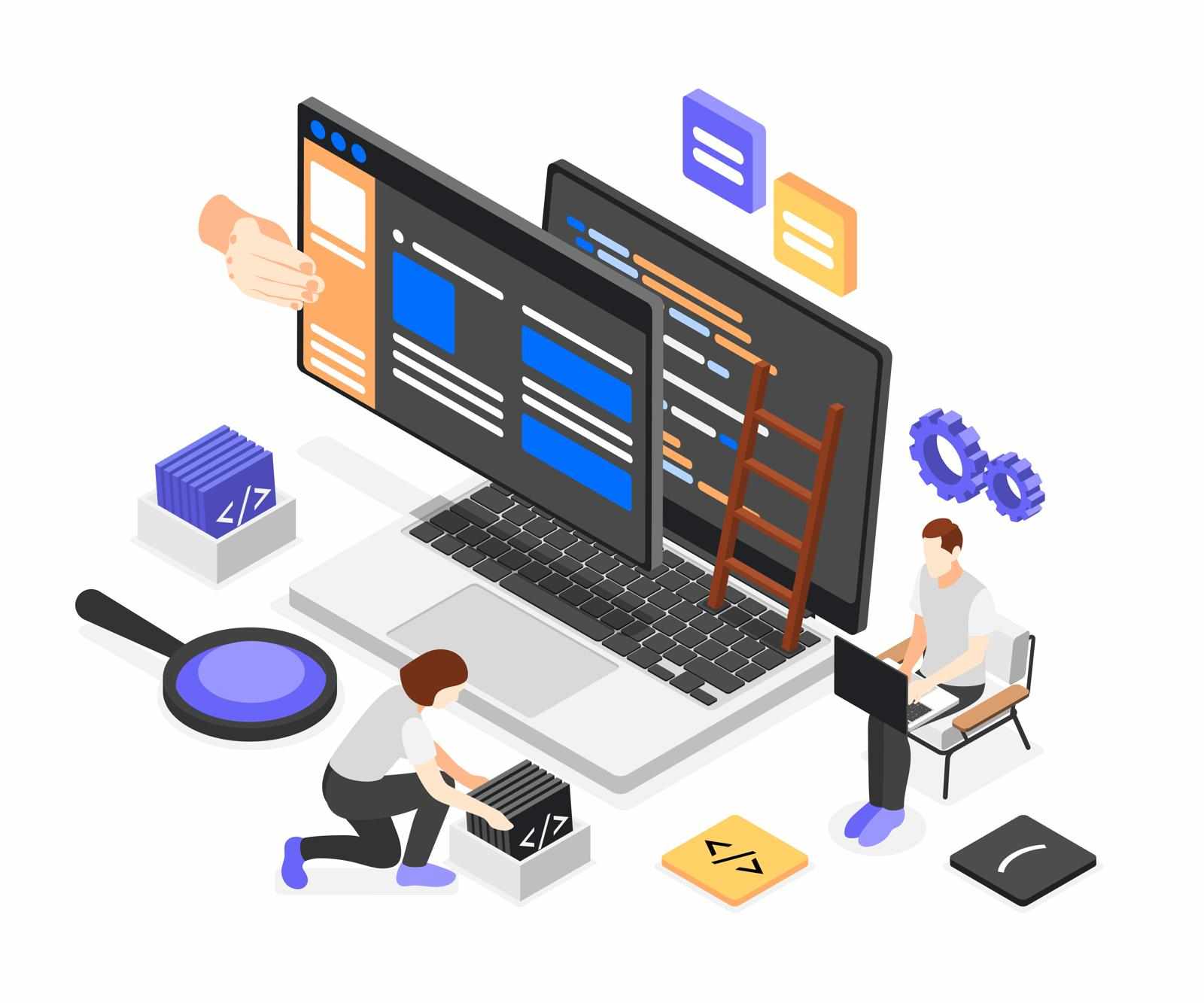
In today’s fast-moving digital world, businesses can’t afford to wait months for website launches. The need for quick, scalable, and cost-effective solutions has given rise to low-code and no-code development—a revolution changing how websites and apps are built.
These platforms empower users to create functional, visually appealing websites faster than ever, without deep programming expertise.
Let’s explore what makes low-code and no-code development a game changer for modern businesses.
What Is Low-Code and No-Code Development?
Low-code development platforms allow users to build applications with minimal manual coding using drag-and-drop tools and pre-built components. Developers can focus on customization while the platform handles the core infrastructure and design.
No-code development, on the other hand, is designed for non-technical users. These tools provide a fully visual interface, allowing people to design websites, automate workflows, and deploy solutions without writing a single line of code.
Both methods are reshaping the traditional web development process—making it faster, simpler, and more accessible.
Benefits of Low-Code and No-Code Website Development
1. Faster Time-to-Market
Speed is everything in the digital age. Low-code and no-code platforms enable businesses to design, test, and deploy websites quickly—sometimes within days. This agility helps companies respond faster to market trends and customer needs.
2. Cost-Effective Solutions
Building websites using these platforms significantly reduces development costs. Businesses don’t need large coding teams, which makes these solutions perfect for startups and small businesses with limited budgets.
3. Empowerment for Non-Developers
No-code platforms empower marketers, designers, and entrepreneurs to bring their ideas to life without relying heavily on technical experts. This democratization of web creation opens doors for innovation and creativity.
4. Easier Maintenance and Updates
Traditional websites often require developers for every small update or bug fix. With low-code and no-code platforms, users can quickly make edits and enhancements using visual editors—keeping websites up-to-date with minimal effort.
5. Seamless Integration
Modern platforms support integration with popular tools like CRMs, analytics systems, and payment gateways. This makes it easier to connect your website with the business ecosystem, ensuring smooth functionality and data flow.
Challenges of Low-Code and No-Code Development
While the benefits are compelling, it’s important to consider a few limitations:
Customization Restrictions: Pre-built templates and limited code flexibility may restrict unique design or advanced functionalities.
Scalability Issues: For large-scale or enterprise-grade websites, custom development may still be necessary.
Security Concerns: As with any third-party platform, data security and compliance should be carefully evaluated.
That said, these challenges are being addressed as technology advances, making low-code and no-code platforms more powerful each year.
The Future of Web Development
Low-code and no-code development will continue to redefine how websites are built. With AI-powered enhancements, automated workflows, and improved design flexibility, these tools are rapidly becoming integral to modern web development services.
Businesses that adopt them early can achieve faster growth, better customer engagement, and more efficient digital operations.
Conclusion
Low-code and no-code development isn’t just a trend—it’s the future of web creation. By eliminating complex coding barriers and empowering more people to build, these tools are making website development faster, smarter, and more inclusive.
If you’re looking to build a modern, responsive, and high-performing website in record time, exploring low-code and no-code solutions is a great place to start.
Ready to Build Smarter?
Want to accelerate your website development journey with modern, efficient tools? Contact us today to explore innovative web development solutions tailored to your business goals.
FAQs
Can no-code platforms replace professional developers?
Ans: Not entirely. While no-code tools are excellent for basic websites, complex projects still require professional web developers for customization and performance optimization.
Are low-code and no-code websites SEO-friendly?
Ans: Yes, many platforms now include built-in SEO tools and features. However, manual optimization by experts ensures better long-term results.
Which industries benefit most from low-code and no-code development?
Ans: Startups, small businesses, e-commerce brands, and service-based companies benefit the most, as these tools help them launch quickly and scale efficiently.











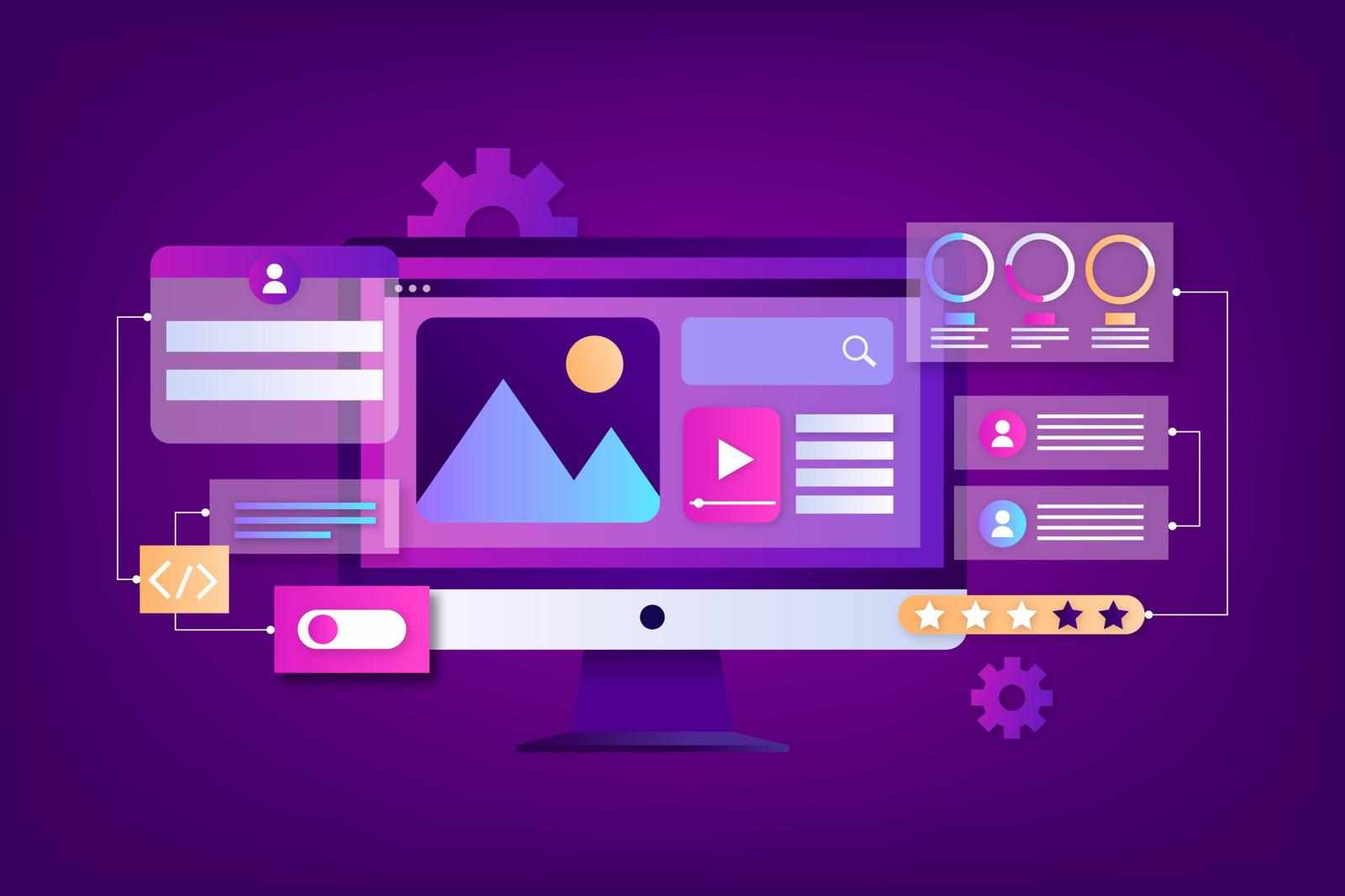
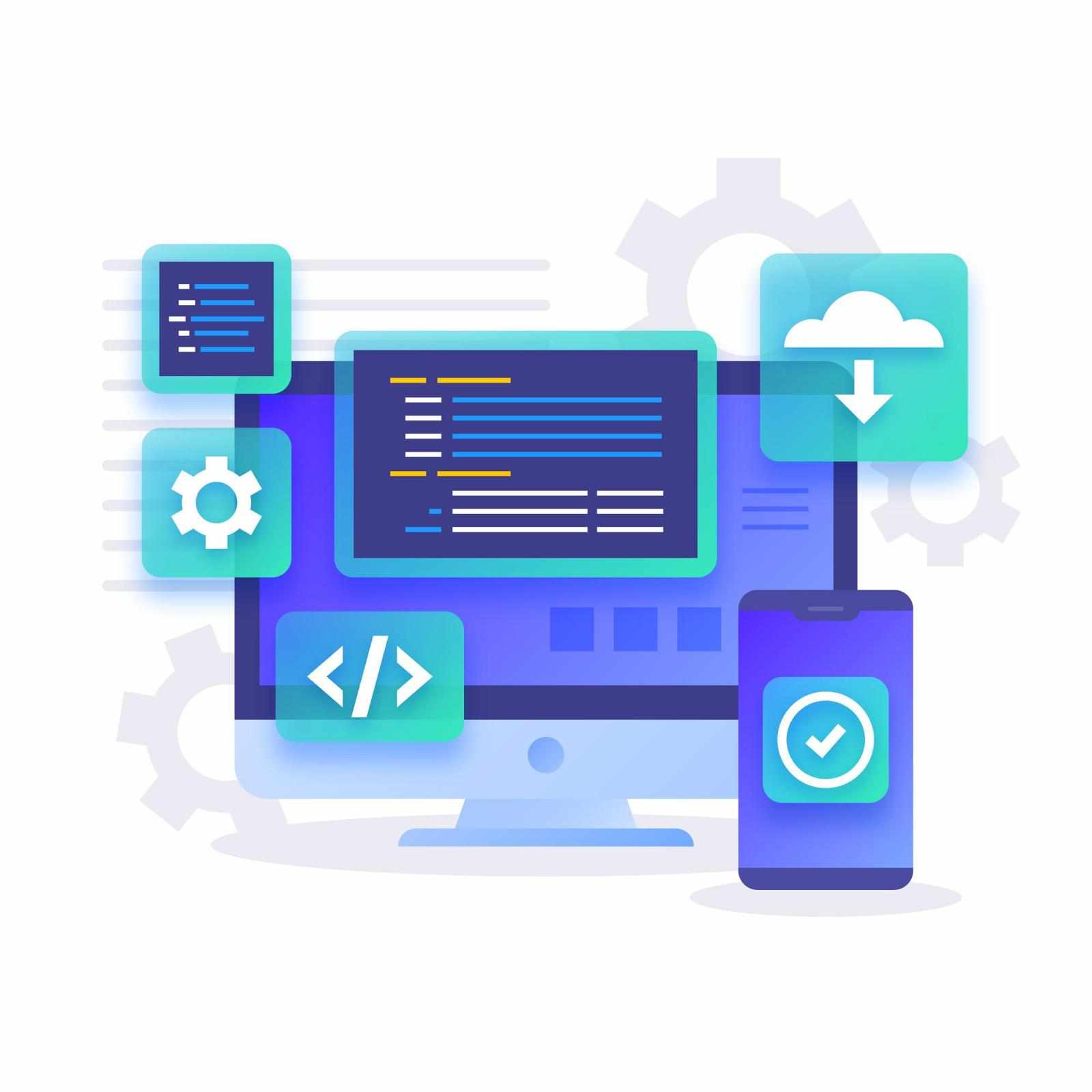

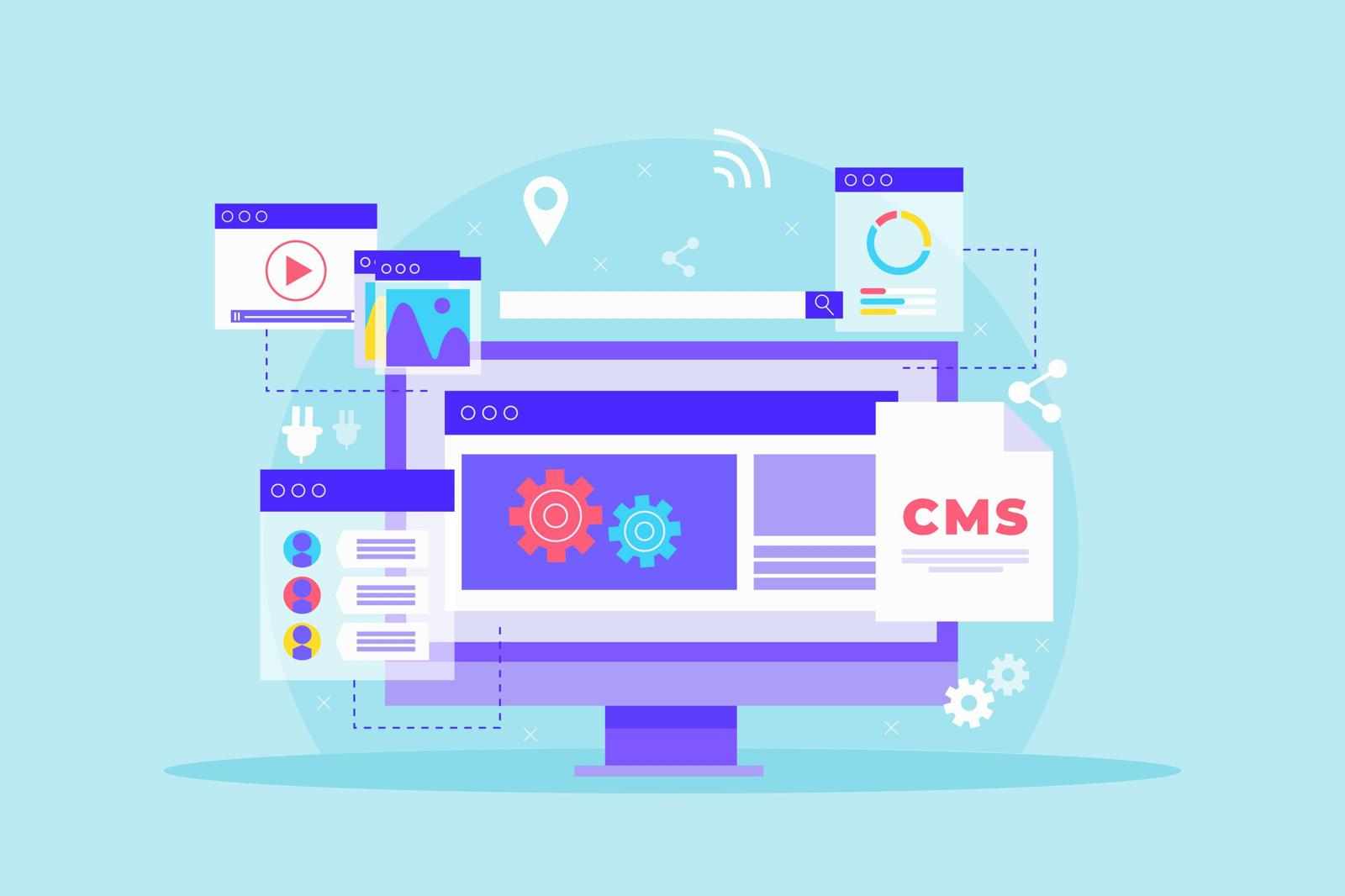




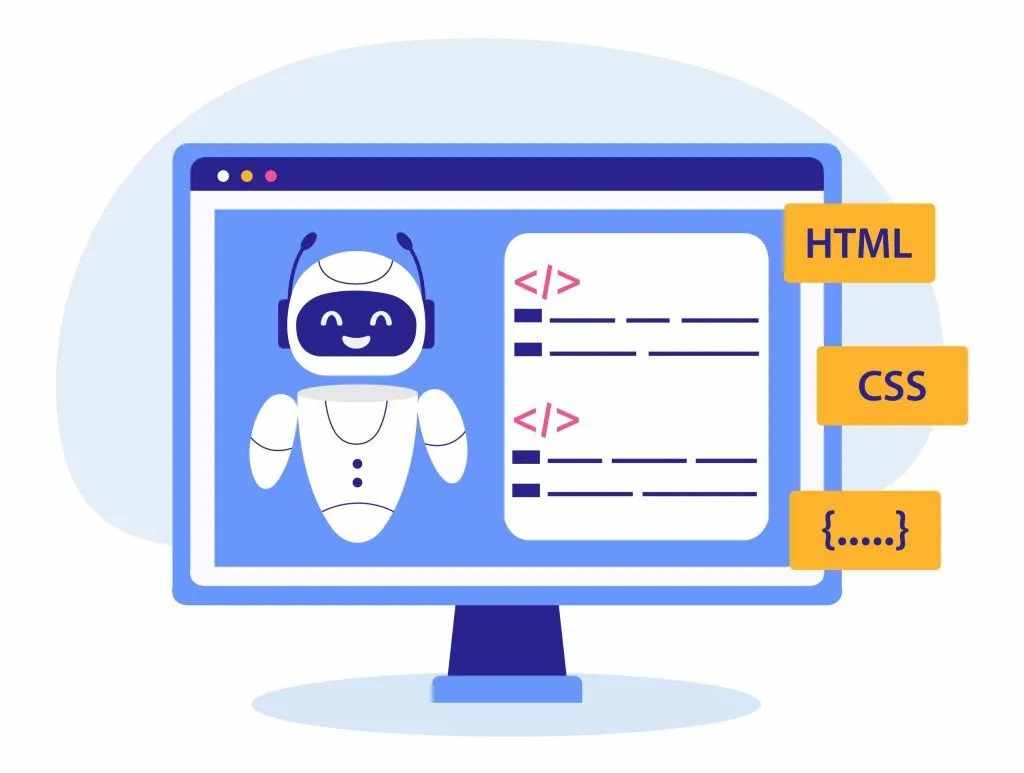
Write a comment ...